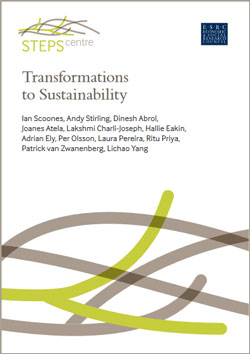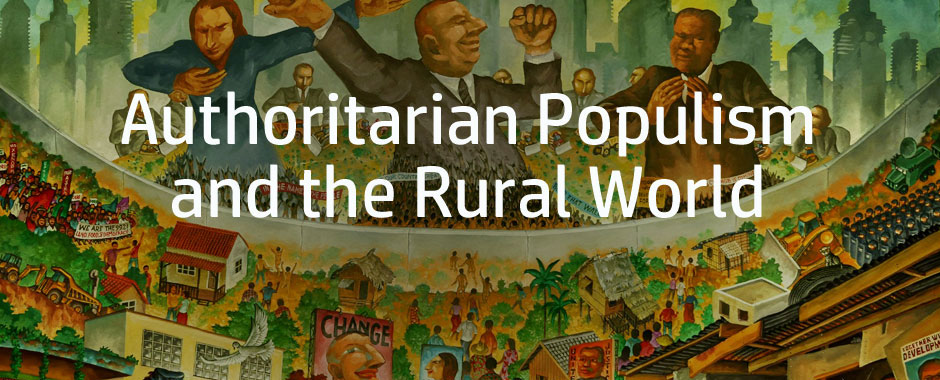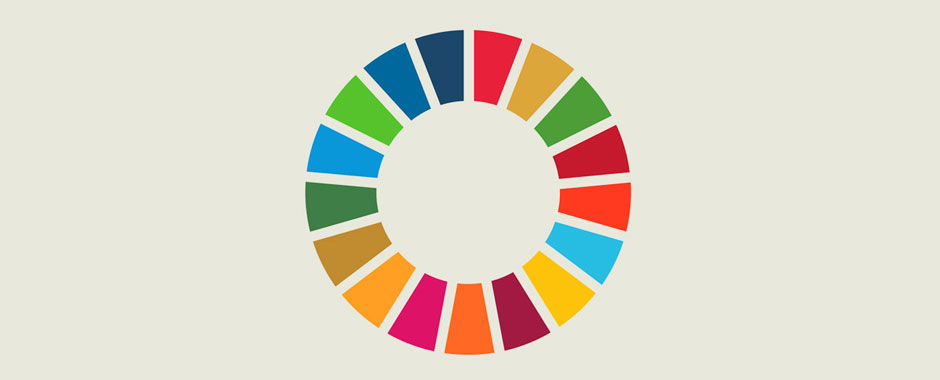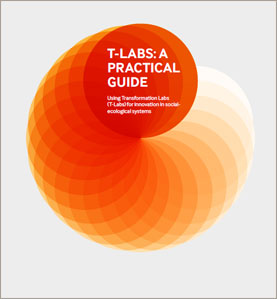On 9-18 July the UN’s High-Level Political Forum meets to discuss progress on the Sustainable Development Goals (SDGs). This meeting takes the theme of “Empowering people and ensuring inclusiveness and equality“. The theme particularly addresses goals around education, growth and employment, inequality, climate change, peace, justice and inclusion, and partnerships.
The theme is a crucial one for the SDGs. Empowerment and inclusion are more than just buzzwords. People cannot be excluded or disempowered from decision-making and action, if sustainability is to be achieved. This means paying attention to who is left out and which perspectives are marginalised. It also means a thoughtful approach to ’empowerment’ which recognises the many subtle ways that power and control can be exercised – even when people appear to be ’empowered’ or ‘included’ in decisions.
Addressing the climate, economic growth, education and justice is not straightforward. Decisions and goals will come up against powerful actors and agendas, but also complex livelihoods and environments, where many choices are possible, the ways forward are not obvious, and negotiation is required. To achieve inclusion and equality, the SDGs will need to provide a space for these political questions and for power to be challenged.
Watch: The SDGs – A new politics of transformation
In a Sussex Development Lecture on 28 March, STEPS co-director Ian Scoones explored these political aspects of transformation, exploring how people in very different contexts can learn from each other to provoke deep and lasting change.
In this lecture on 28 March 2019, Ian Scoones explores the political aspects of the Sustainable Development Goals. The SDGs potentially offer an inclusive, integrated approach to development, centred on social justice, for all of humanity. But how are they being implemented in practice? Too often a piece-meal, sectoral approach is adopted, rooted in modernist assumptions of linear transition and control.
Related resources
Realising the SDGs: why a sustainable livelihoods approach can help
In this blog post, Ian Scoones argues that livelihoods thinking could help governments and other agencies get beyond bureaucratic, sectoral approaches to the SDGs.
Why do livelihoods matter?
In this episode of the IDS books podcast ‘Between the Lines’, Ian Scoones talks to Marina Apgar about his book, Sustainable Livelihoods and Rural Development.
Three approaches for transformations to sustainability
This working paper from the STEPS Centre, shows the key roles of structural, systemic and enabling approaches in achieving transformative change under the Sustainable Development Goals.
 Transformations to Sustainability
Transformations to Sustainability
by Ian Scoones, Andy Stirling, Dinesh Abrol, Joanes Atela, Lakshmi Charli-Joseph, Hallie Eakin, Adrian Ely, Per Olsson, Laura Pereira, Ritu Priya, Patrick van Zwanenberg and Lichao Yang
STEPS Working Paper 104
September 2018
T-Labs: a practical guide
Beginning in 2016, the Pathways Network convened a series of T-Labs (Transformation Labs) to respond to social-ecological problems in six countries. T-Labs: A Practical Guide draws from the experiences and lessons from the network to inspire those who are considering similar approaches.
 Download the guide
Download the guide
T-Labs: A Practical Guide
Using Transformation Labs (T-Labs) for innovation in social-ecological systems
Pathways Network
September 2018
Care or control? Four challenges for transformations to sustainability
A blog series exploring the differences between emancipatory (caring) and repressive (controlling) approaches to sustainability.
Authoritarian populism and the rural world

Authoritarian populism is on the rise, boosted by support from rural areas.
A series of videos and articles produced in partnership with openDemocracy examines how authoritarian populism has taken hold in different countries around the world, and explores the alternatives. The series was produced around a conference by the Emancipatory Rural Politics Initiative (ERPI).
The politics of sustainability and development
Review article by Ian Scoones with an overview of the relationships between politics, sustainability, and development, and their practical implications for transformations and alliance building.

 Download the guide
Download the guide